Tiny particles called quantum dots reduce symptoms in mice primed to develop a type of Parkinson’s disease, and also block formation of the toxic protein clumps in Alzheimer’s. They could one day be a novel treatment for these brain disorders, although tests in people are some years away.
Quantum dots are just a few nanometres in size – so small they become subject to some of the strange effects of quantum physics. They have useful electronic and fluorescent properties and are found in some TV screens and LED lights.
Unlike most medicines, their tiny size means they can pass from bloodstream into the brain. Byung Hee Hong of Seoul National University in the South Korea and his colleagues wondered if they would affect the molecules involved in Parkinson’s or other brain disorders.
Parkinson’s disease involves gradually worsening tremors and movement problems. It is thought to be caused by a protein called synuclein found in nerve cells folding into the wrong shape, which triggers a chain reaction of misfolding in nearby synuclein molecules. This leads to a build-up of long strands or “fibrils” of the protein, killing neurons.
Quantum surprise
Hong’s team found that in a dish, quantum dots made from graphene – a form of carbon – bind to synuclein, and not only stop it from clumping into fibres, but also cause existing fibres to break up into individual molecules. “We didn’t expect the quantum dots to induce disaggregation of fibrils,” says Hong.
If the treatment affects people the same way, Hong says it is unclear how much benefit this would bring. “It’s hard to translate the results in mice to actual patients, whose systems are way more complicated. But we do believe quantum dots can make positive impacts to some extent.”
Image Credit: May C. Schiess, Roger Back, UT Medical School/Science Photo Library
News This Week
New Research Reveals That Your Sense of Smell May Be Smarter Than You Think
A new study published in the Journal of Neuroscience indicates that the sense of smell is significantly influenced by cues from other senses, whereas the senses of sight and hearing are much less affected. A popular [...]
Deadly bacteria show thirst for human blood: the phenomenon of bacterial vampirism
Some of the world's deadliest bacteria seek out and feed on human blood, a newly-discovered phenomenon researchers are calling "bacterial vampirism." A team led by Washington State University researchers has found the bacteria are [...]
Organ Architects: The Remarkable Cells Shaping Our Development
Finding your way through the winding streets of certain cities can be a real challenge without a map. To orient ourselves, we rely on a variety of information, including digital maps on our phones, [...]
Novel hydrogel removes microplastics from water
Microplastics pose a great threat to human health. These tiny plastic debris can enter our bodies through the water we drink and increase the risk of illnesses. They are also an environmental hazard; found [...]
Researchers Discover New Origin of Deep Brain Waves
Understanding hippocampal activity could improve sleep and cognition therapies. Researchers from the University of California, Irvine’s biomedical engineering department have discovered a new origin for two essential brain waves—slow waves and sleep spindles—that are critical for [...]
The Lifelong Cost of Surviving COVID: Scientists Uncover Long-Term Effects
Many of the individuals released to long-term acute care facilities suffered from conditions that lasted for over a year. Researchers at UC San Francisco studied COVID-19 patients in the United States who survived some of the longest and [...]
Previously Unknown Rogue Immune Key to Chronic Viral Infections Discovered
Scientists discovered a previously unidentified rogue immune cell linked to poor antibody responses in chronic viral infections. Australian researchers have discovered a previously unknown rogue immune cell that can cause poor antibody responses in [...]
Nature’s Betrayal: Unmasking Lead Lurking in Herbal Medicine
A case of lead poisoning due to Ayurvedic medicine use demonstrates the importance of patient history in diagnosis and the need for public health collaboration to prevent similar risks. An article in CMAJ (Canadian Medical Association [...]


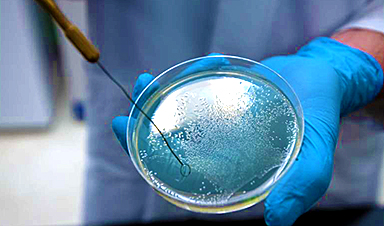
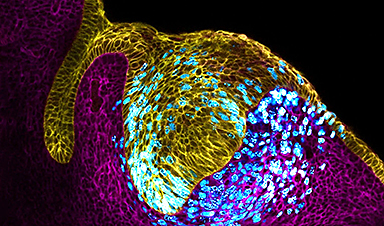

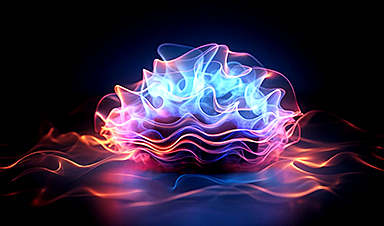

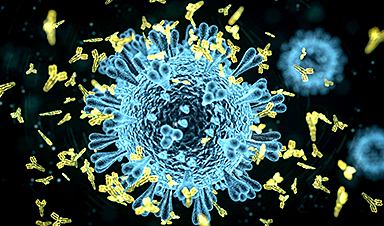



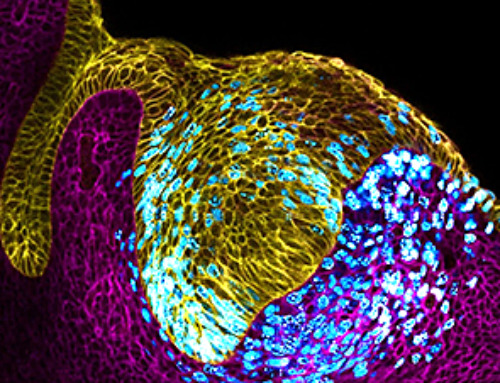

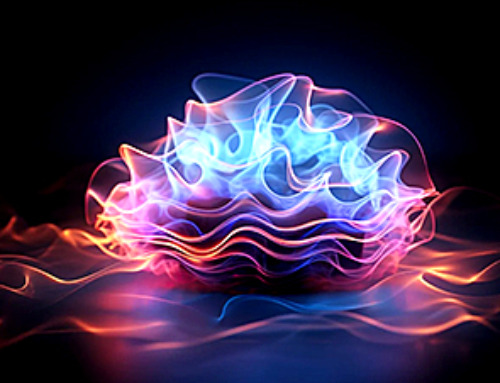

Leave A Comment